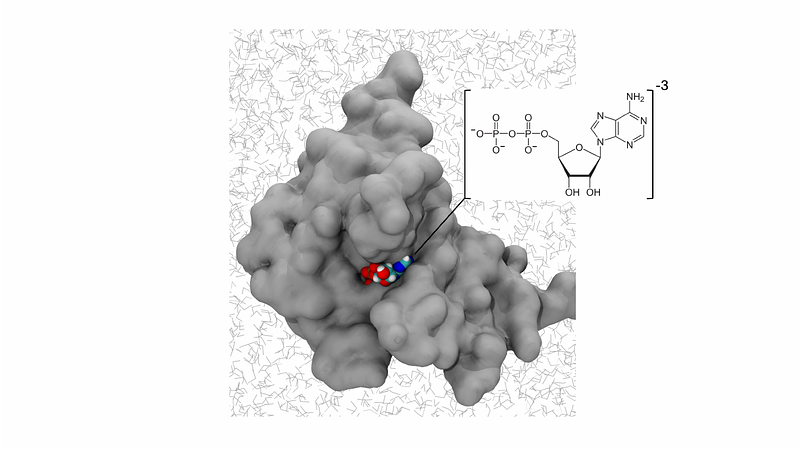Lessons Learned from a Ligand-Unbinding Stress Test for Weighted Ensemble Simulations

Lessons Learned from a Ligand-Unbinding Stress Test for Weighted Ensemble Simulations
Bogetti, A. T.; Yang, D. T.; Piston, H. E.; LeBard, D. N.; Chong, L. T.
AbstractThe weighted ensemble (WE) path sampling strategy has pushed the boundaries of molecular simulation by enabling the generation of rates and atomistic pathways for biological processes beyond the ms timescale. However, the WE strategy has not yet reached its full potential and much can be gained from pursuing \"stress tests.\" Here we have explored a stress test involving the seconds-timescale unbinding of a highly charged ligand from a protein receptor: the release of the ADP ligand from the Eg5 protein receptor, which functions as a motor protein in cell division. From this stress test we learned valuable lessons regarding the choice of progress coordinate and improvements to the WE resampling procedure. Based on the latter, we have developed a WE method referred to as the Minimal Adaptive BinLess (MABL) method. The MABL method is in the same spirit as our previously developed Minimal Adaptive Binning (MAB) scheme for surmounting large energetic barriers, but is \"binless\", i.e., does not require the use of rectilinear bins along a progress coordinate. This minimal version of a binless method is >50% more efficient than the corresponding binned version and provides a framework for implementing more complex binless methods.